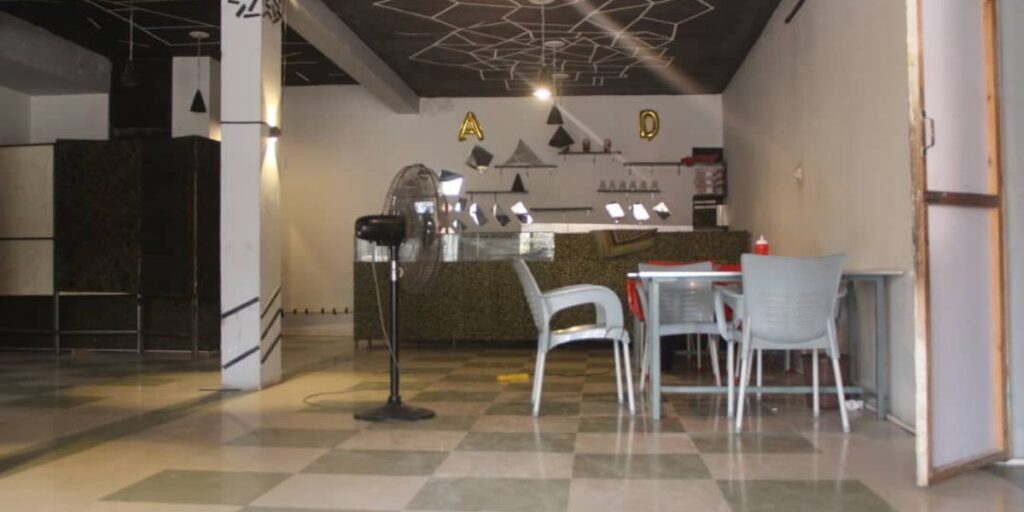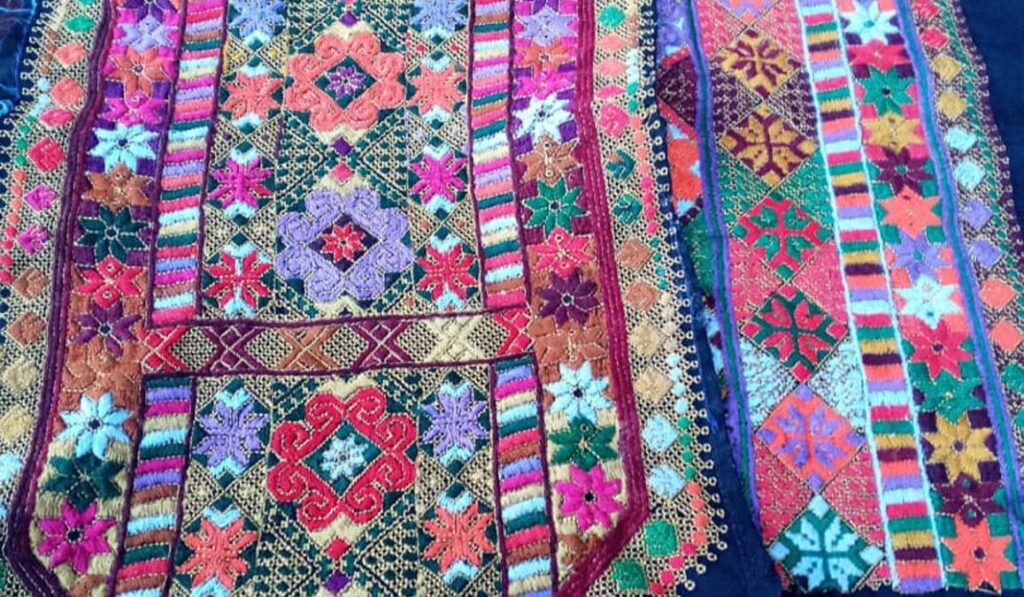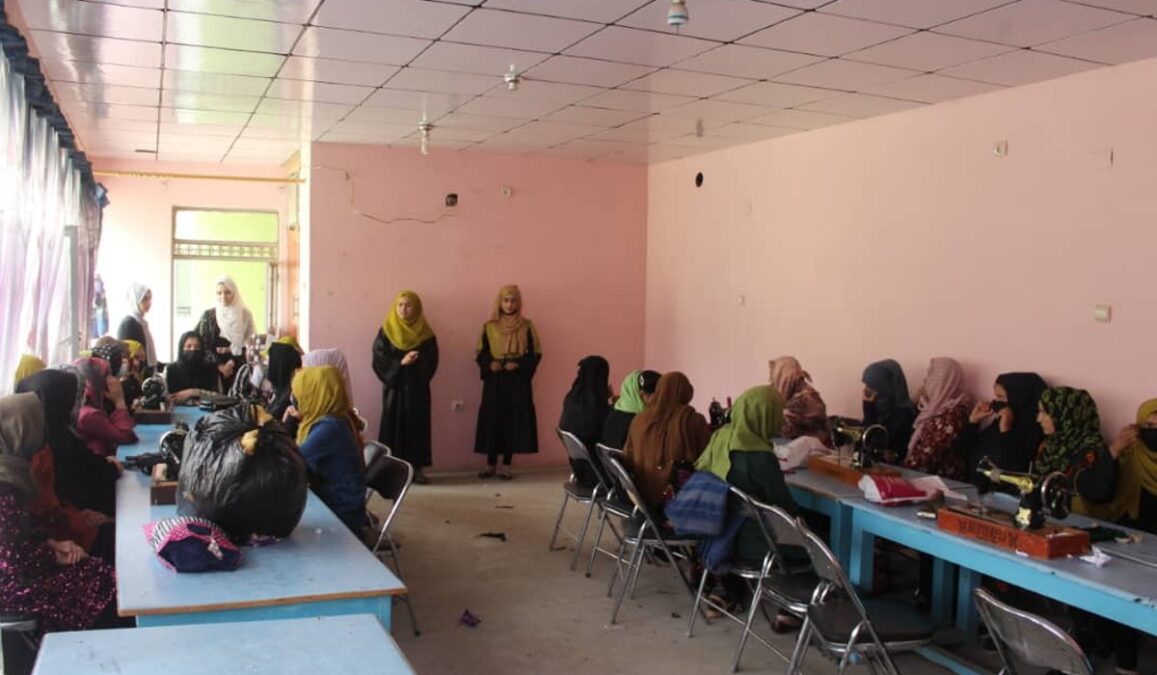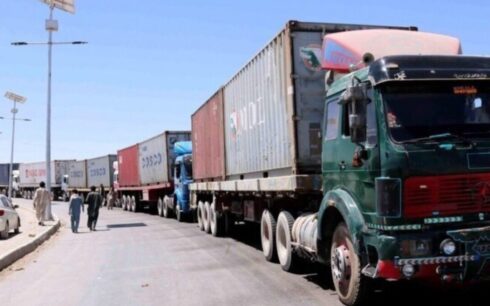There is a significant reduction in the number of women investors in north-eastern provinces over the last year. The businesses were small but important for a society that struggles with increasing poverty and unemployment.
Under the republic government, women in Kunduz, Takhar, Baghlan and Badakhshan provinces were busy in handicrafts and agricultural products businesses, creating jobs for dozens of other women in their communities. Many of these businesses have been stopped either over the “restrictions” imposed by the Taliban or due to a significant reduction in their customers, as women entrepreneurs explained.
Latifa’s story, a woman investor in Kunduz
Previously, despite living in a society with strict rules, women investors continued their activities during the republic government, even within small structures. Latifa is one of these women who had a handicrafts production center, providing jobs for at least 20 other women.
“My center had completed one year when conflicts got closer to the city of Kunduz last year. Other districts had fallen to the Taliban. Our orders started to decrease to the level that we received none. Our business collapsed,” she recalled.
When the situation went wrong, Latifa asked her employees to wait until the conflicts are over. “Ultimately, Kunduz fell (to the Taliban). This took away all my goals and wishes,” she added.
In 2017, a group of women started a bakery business in the city of Kunduz, the first of its kind in the province. It was owned and run by women. The same shop has now changed into a fast food restaurant.

No activity for women in Baghlan
Women’s activities in investments in Baghlan were not tangible even under the previous government, Madina Anwari, a female entrepreneur in the province, said, adding that even those activities have halted over the last year.
“I had a tailoring center during the republic government and provided jobs for 10 women. We were faced with many challenges at that time, but overall, our business was underway. Unfortunately, I left the country after the fall of the republic and my business collapsed,” Anwari said.
At least 70 women entrepreneurs were running small and medium businesses in Baghlan previously. None of them are active right now, she said.
Women in Takhar
At least 100 women had invested in small and medium businesses in Takhar previously, a female entrepreneur in the province, Nastaran Amiri, said. She said that now, all those women, including her, have halted their businesses.
Amiri said she provided jobs to 50 women through her tailoring business where women were trained for six months, sold out their products and could become self-reliant economically.
The chamber of commerce and investment in Takhar said efforts are underway to facilitate a resumption of women’s businesses in the province.
A bit different environment in Badakhshan
Contrary to three other provinces in north-eastern Afghanistan, women investors are still active in Badakhshan, but with a lesser number compared to the past.
At least 80 out of 150 women investors are still active in Badakhshan in small but important businesses for their communities, a female entrepreneur, Ziagul, said.
“We held a handicrafts and precious stones expo in Badakhshan a few months ago for the first time under Taliban rule where women investors displayed their products,” Ziagul said.
There are no exact figures about the overall number of women entrepreneurs in the country, but a report by the Afghanistan Women’s Chamber of Commerce and Industries in 2019 put their number at 1,150, including 50% of them in Kabul.

Taliban has been under criticism for imposing restrictions on women’s activities in society. Tomas Niklasson, EU special envoy to Afghanistan, in a tweet on Thursday, said women’s rights must be respected by the Taliban. He said that the reopening of girls’ schools, even if happened, is “grade one” of addressing human rights concerns in Afghanistan.
The group however has said it is working on a mechanism for the return of girls to secondary schools and that it is committed to providing the environment for women’s activities in society “under Islamic sharia laws.”





